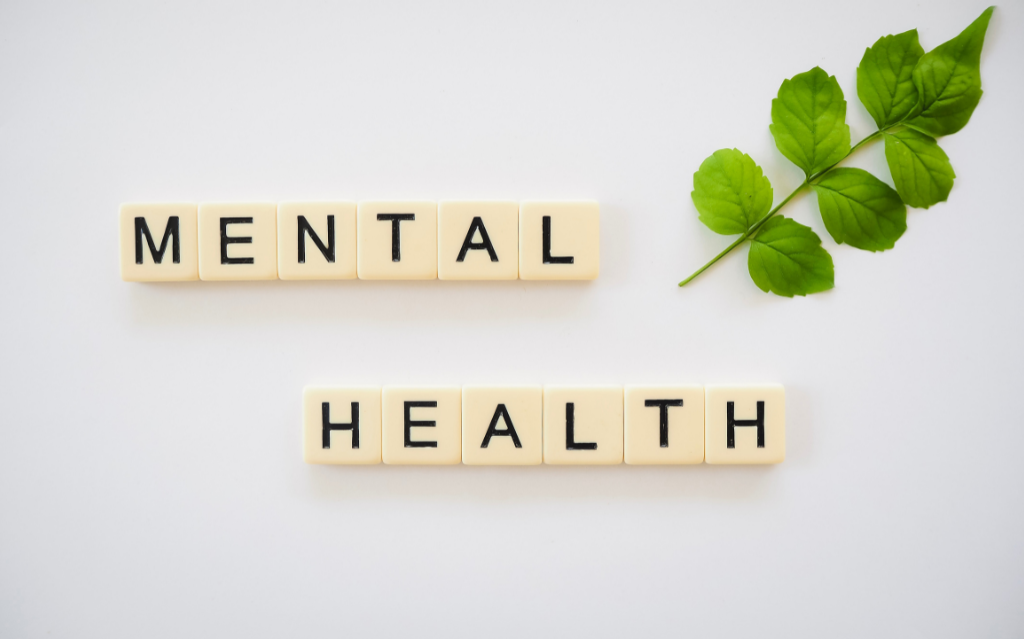
Mental health and psychological well-being are increasingly becoming publicly discussed topics. It is not uncommon to hear entertainment personalities, sportsmen or even politicians openly discuss these issues.
Thus, while it is clear that progress has been made on promoting the concept of mental health, there is still a very strong stigma revolving around illnesses such as depression, anxiety disorders or psychosis, especially when the use of psychiatric drugs is added to the pathology.
Anxiolytics, antidepressants and mood stabilizers, despite their proven efficacy, do not enjoy the same reputation as painkillers or anti-inflammatories, triggering in many patients a feeling of fear and sometimes rejection of treatment. How come?
What is a psychotropic drug: risks and benefits
A psychotropic drug is a medication designed to affect the functioning of the central nervous system in order to treat mental and psychological disorders. These drugs act on brain chemistry to modify mood, emotions, behavior, or mental processes.
They are used for a wide range of psychiatric and psychological conditions, including disorders such as depression, anxiety, bipolar disorder, schizophrenia, attention deficit hyperactivity disorder (ADHD), among others.
They are prescribed by physicians, psychiatrists or qualified mental health professionals after a thorough evaluation of the patient and his or her condition. By finding the correct formulation, the patient will see a gradual alleviation of symptoms, greatly improving his or her quality of life on a personal, work and emotional level.
In many cases, psychotropic drugs help recover well-being after an episode of mental disorder and prevent the return of symptoms after recovery. For many patients, they can be a solid foundation from which to rebuild their psychological health.
Like any medication, there are unwanted side effects that vary depending on the drug and can include drowsiness, weight gain, dry mouth, nausea, dizziness, etc. One of the most common fears when it comes to psychotropic drugs is the issue of addiction, especially for anxiolytics and sedatives, which can occur with improper use and excessive doses.
Adding to these justified fears are some false myths that contribute to the fear and stigma around psychotropic drugs, leading several patients to delay or refuse treatment for their disorder.
Informing to combat stigma
Much of the misinformation surrounding psychotropic drugs concerns their safety and side effects. Mendal drugs, like any other medication, are extensively analyzed and tested in clinical trials before they are available on the market.
Despite this, all medicines have potential side effects. The specialist’s role is precisely to assess the patient’s condition and choose to prescribe a drug only when it is believed that the benefits outweigh the potential risks, still starting with a low dosage, to assess the body’s response.
Another misconception is that psychotropic drugs serve only the mentally weak or severely ill. This could not be further from the truth and feeds the idea that those who use drugs are „weak“ and unable to overcome their difficulties by taking a „shortcut.“ While it is true that a healthy routine of sleep, exercise and nutrition play a role in keeping people mentally healthy, for some this is not enough. It is precisely in these cases that other forms of treatment, such as therapy and medication, come into play.
There is also one last consideration to make when it comes to psychotropic drugs: it is always possible to decide to discontinue taking them. This is a choice that should be made together with one’s doctor and in a gradual way, avoiding an abrupt discontinuation, but in strong contrast to the general belief that once a therapy with psychotropic drugs is started it should be maintained for life.
Mental health is a priority; overcoming these barriers and starting to talk openly about these issues is a crucial step toward the well-being of society. The decision to begin mental health drug therapy must be made consciously and together with a professional, but to make an informed choice, narratives must be changed, promoting greater awareness on the topic of psychiatric drugs.


